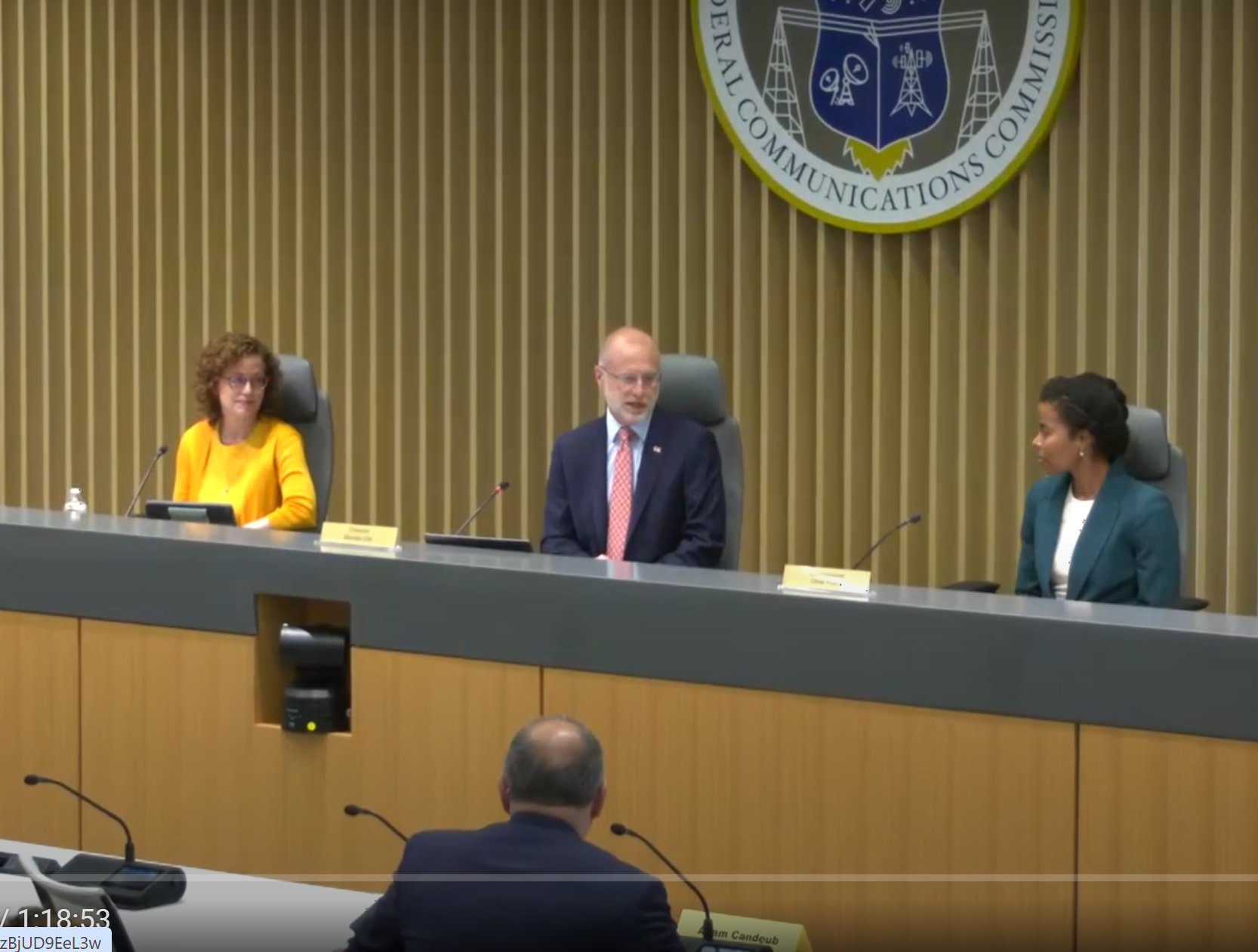Operators should look beyond quad play
Triple and quad-play services will become history, to be replaced by more flexible and varied packages that will include OTT, voice over IP, and other added value offerings.
This is the conclusion of a report from UK-based Informa on the future of pay TV, which also finds that consumers will expect these extras to be bundled in free as part of their existing subscriptions. Initially, therefore, OTT content and Internet voice services from the likes of Skype will be added to combat churn and shore up existing premium packages against invasion from the likes of Netflix and other online video providers.
In the longer term, though, such services will enable operators to tap new revenue sources by virtue of owning the customer and having a payment relationship with them. The report, entitled Beyond Quad-Play: How Multi-Screen, OTT and the Cloud Are Transforming Next-Generation Bundling, highlights how some operators, particularly in developing markets such as Africa and the Indian sub-continent, are already starting to exploit their existing relationships with subscribers to sell a range of non telecoms services such as insurance and banking, citing Safaricom in Kenya as a leader here.
“These operators are really stealing a march on their counterparts in developed markets by using the position of trust and ongoing relationship that they have established with their subscribers to open up much wider commercial opportunities — the possibilities they have created are potentially game-changing in the wider telecoms market,” said Tony Brown, lead author of the Informa report.
Brown also advised operators to keep customers happy through loyalty programs, naming Orange of France as a successful example with its broadband, IPTV and mobile services.
“Orange has long been an excellent exponent of providing very effective customer loyalty programs to its subscribers, giving away products such as half-price movie tickets and discounts at various types of retail outlets — this is a strategy we expect to be more widely adopted by other operators to reward their most valuable subscribers,” said Brown.
The battle for customer loyalty will not just be confined to the broadband or pay TV service, but increasingly extend beyond the access point across the home, which will provide new application possibilities spanning home security, environmental control, and eventually remote healthcare. These were not covered specifically in the Informa survey, but there is a growing band of companies addressing this sector, one being the French home gateway software vendor SoftAtHome.
The professional video industry's #1 source for news, trends and product and tech information. Sign up below.
This company is making a big play for the smart home, which it describes as being the fifth play, although it actually embraces a range of potential services that could require involvement of various external partners pay TV operators have not had to deal with before, such as health care agencies and energy utilities. SoftAtHome’s VP for marketing Arnaud Bensaid argues that operators will have an opportunity to provide a whole range of services that come within the definition of the smart home, with voice over IP and security among the early contenders.
For now, though, the biggest trend that broadband service providers must embrace is the continued rapid growth in Internet video. The Informa report predicts that traffic generated by online video services will increase six-fold in the five years to 2017, reaching 732,308 petabytes per annum. By then, online services such as high-definition video, pay-online video, and video to TV, will account for 46 percent of total Internet traffic, up from 36 percent in 2012.
But, the report also indicates that companies such as SoftAtHome are right to target VoIP and online communications in general. It predicts that traffic generated by online communications services such as VoIP, as well as video instant messaging, will grow at an average annual rate of 29 percent to reach 23,657 petabytes per annum.
